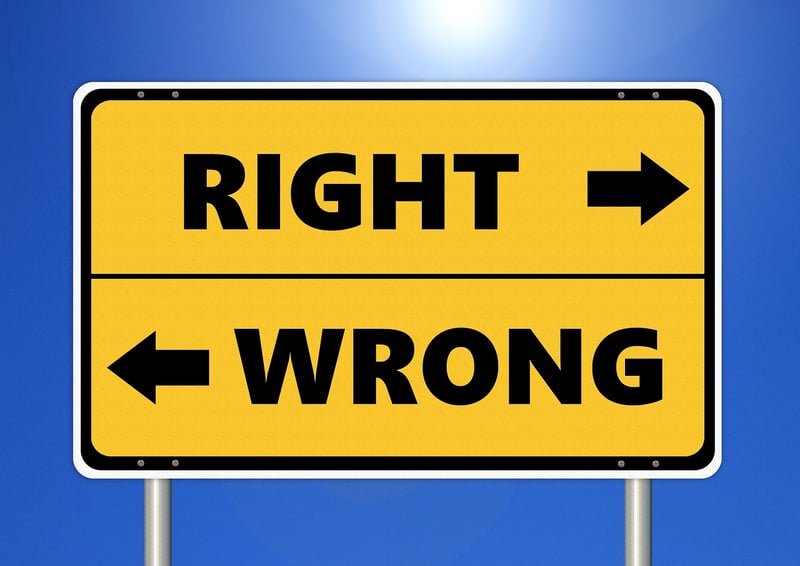Moral Dilemmas
Ethical Considerations and Moral Dilemmas
When faced with complex decisions, individuals often encounter ethical considerations and moral dilemmas that challenge their values and beliefs. Understanding the nuances of these concepts can guide individuals in navigating difficult situations with integrity and compassion.
What are Ethical Considerations?
Ethical considerations refer to the principles that guide individuals or organizations to distinguish right from wrong in their actions. These considerations often involve assessing the potential consequences of decisions on stakeholders, society, and the environment. Ethical considerations play a crucial role in shaping behavior and promoting accountability.
Exploring Moral Dilemmas
Moral dilemmas are situations where individuals face conflicting moral principles, making it challenging to determine the right course of action. These dilemmas often involve difficult choices between equally compelling options, each with its own ethical implications. Resolving moral dilemmas requires careful reflection and a deep understanding of one's values.
Examples of Ethical Considerations and Moral Dilemmas
- 1. Whistleblowing: Deciding whether to expose unethical behavior in the workplace, knowing that it may lead to personal repercussions.
- 2. End-of-Life Care: Balancing the patient's autonomy with their best interests when making decisions about life-sustaining treatment.
- 3. Environmental Conservation: Choosing between economic development and preserving natural resources for future generations.
Handling Ethical Dilemmas
When confronted with ethical dilemmas, individuals can employ various approaches to make informed decisions:
- Ethical Frameworks: Utilize ethical theories such as utilitarianism, deontology, or virtue ethics to analyze the situation and determine the most ethical course of action.
- Consultation: Seek advice from trusted mentors, colleagues, or ethical committees to gain different perspectives and insights.
- Consider Consequences: Evaluate the short-term and long-term consequences of each possible action on all stakeholders involved.
Conclusion
By understanding ethical considerations and moral dilemmas, individuals can navigate complex decision-making processes with thoughtfulness and compassion. Embracing ethical principles and engaging in ethical discourse can contribute to a more just and empathetic society.
Remember, every decision we make has the power to shape the world around us. Let's strive to make choices that align with our values and contribute positively to the well-being of others.


For further reading on ethics and moral philosophy, explore resources from reputable sources such as Stanford Encyclopedia of Philosophy.
